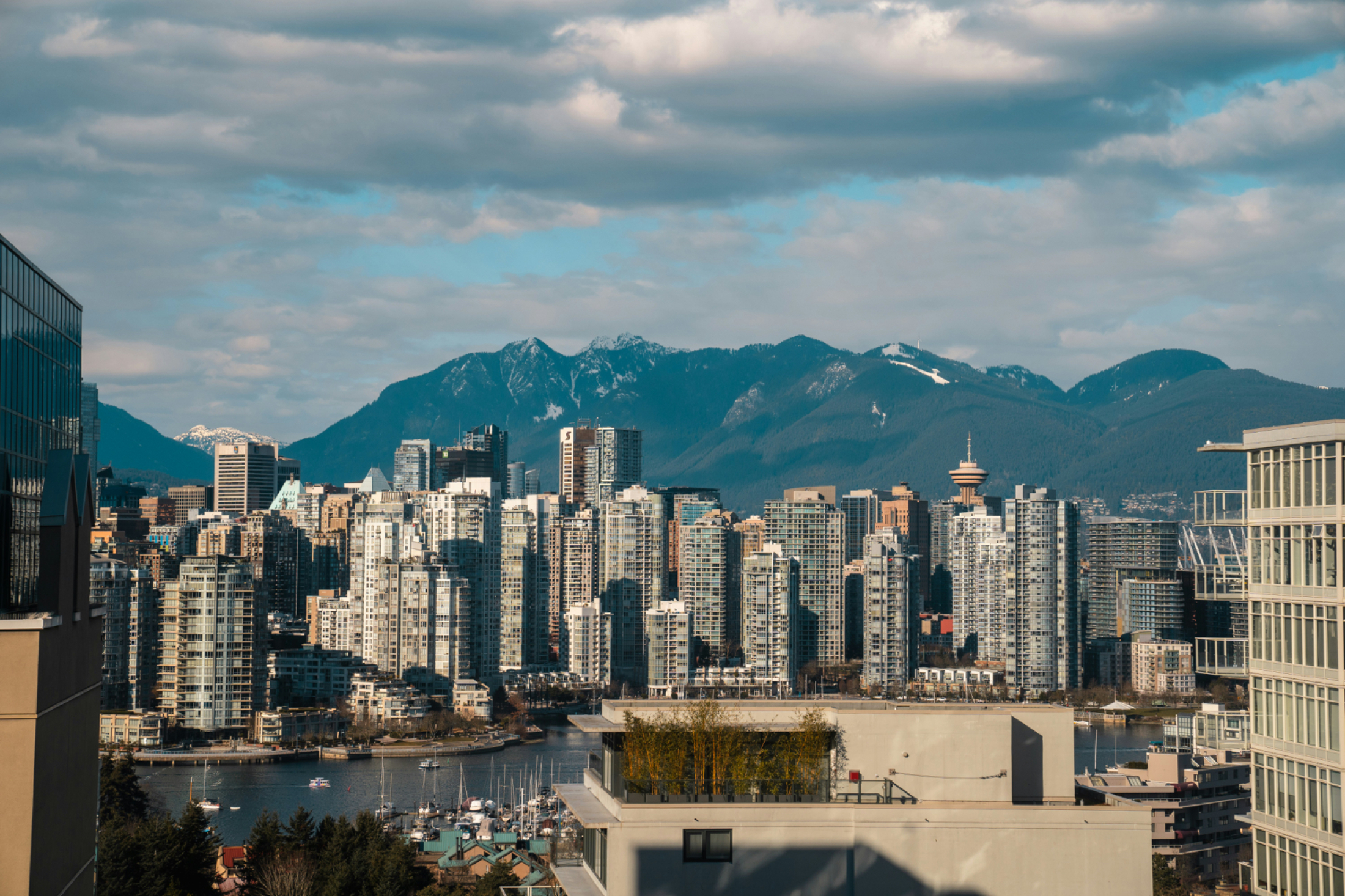British Columbia’s new home flipping tax has been making a lot of headlines lately.
For some, it’s a long-overdue measure that will help make housing more accessible and affordable for thousands of families across the province. For others, it’s the legislative equivalent of trying to swat a fly with a sledgehammer, which will only end up penalizing small mom-and-pop investors without leading to any significant changes in the housing market.
Regardless of which camp you fall into, one thing that’s clear is that the new legislation isn’t going away anytime soon. So love it or hate it, it’s a good idea to make sure you understand exactly what the new legislation entails, and how (or whether) it will affect you.
From investors to homeowners
The provincial government introduced the flipping tax with a clear goal in mind: to discourage speculators from buying and selling (i.e. “flipping”) properties within a very short timeframe for a profit, and improve the supply of housing for the average homeowner.
To achieve these goals, the new law will impose a 20% “flipping tax” on any home that’s sold within the first year after it’s bought. This applies to new homes, resale properties and pre-sale construction. It’s also in addition to the federal anti-flipping tax that was introduced in 2023.
According to some estimates, the proposed new tax will apply to around 4,000 home sales in B.C. every year. The government has also said it will use the estimated $43 million a year that the tax will generate to build more affordable housing for families in need.
Will it work?
Government officials claim that by decreasing the rate of speculative home sales, the tax will take a significant portion of the province’s housing stock out of the pockets of short-term investors, and put it back in the hands of actual homeowners. It could also help deflate artificially-heightened housing costs at a time when much of the country (including places like Toronto and the Lower Mainland in particular) are in the midst of an affordability crisis.
According to some experts, the tax could level the playing field somewhat for buyers in high-demand markets by curbing the price increases and bidding wars that sometimes come along with excessive speculation.
In addition, some strata groups have also supported the change, arguing that speculators tend to prioritize short-term profits over the long-term stability of the buildings they invest in, leading them to vote against even urgent or necessary maintenance and repairs.
Opponents of the law, on the other hand, claim that speculation represents only a tiny portion of the province’s overall housing market. As a result, they feel the tax will have only a very small impact on home prices in B.C.’s red-hot housing market.
They also worry the legislation could ironically reduce the availability of housing, by actively discouraging people from selling their properties. Plus, while the law allows for exceptions in the case of life events like divorce, death or the need to relocate for work, some investors feel it will be too rigid to fully account for all the unexpected changes that can happen in anyone’s life, often when you least expect it.
What happens next?
The home flipping tax still has to be approved by the provincial legislature. If it’s passed, the legislation will officially come into effect province-wide on January 1, 2025.
If you’re thinking of buying or selling in the next few years and want to find out how the home flipping tax could impact your plans, ask your REALTOR® for advice, or contact us anytime to schedule a free consultation to talk about your unique situation and get the answers to any questions you may have.
